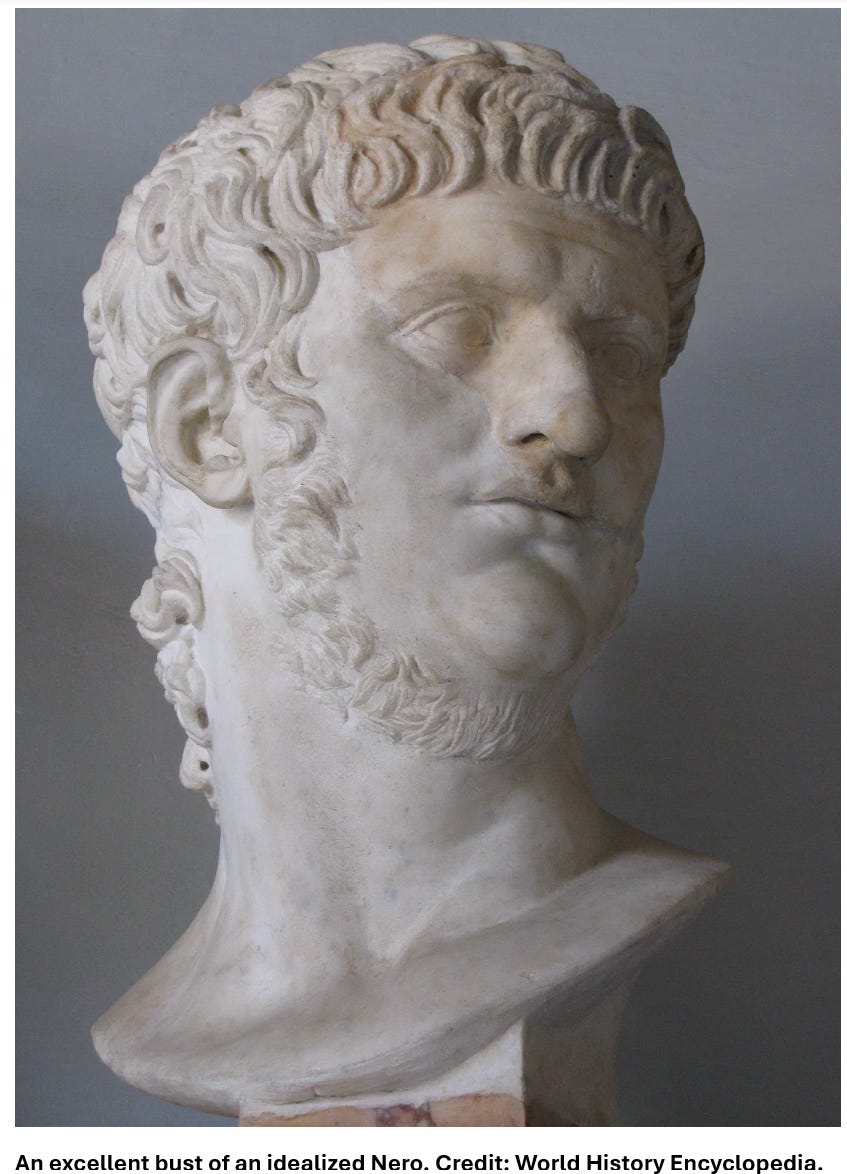To read previous newsletters in the History of Mankind, which is pretty long, you can click here.
When Nero started to appoint younger men to freshen up his circle of friends — new men who almost certainly were behind the decision to fully annex Pontus, Rome’s largest vassal kingdom, as a province in 62 — Seneca found himself an aging philosopher looking for a discreet retirement from a dangerous court.
As he increasingly spent time in his gigantic estates, Seneca wrote, in ways that any fellow Chinese or Indian aristocrat would have understood, about how entrepreneurship is vulgar and money-making best done by others on one's behalf. Discussions about money, this ultra-rich man explained, are typically lower class and best minimized to make way for otium, “leisure,”1 the root for modern words such as Spanish “ocio” – and the opposite of “negotium,” time spent working, the root for modern words such as Spanish “negocio,” business, literally meaning “lack of leisure.”2
The always sharp, contemporary rhetorician Quintilian (35-100)3, a fellow Hispanic who was yet too young and unimportant to be targeted by any imperial purge, once quipped about Seneca that “one might wish he had spoken with his own skill but using someone else’s judgment.”
Keep reading with a 7-day free trial
Subscribe to A History of Mankind to keep reading this post and get 7 days of free access to the full post archives.




